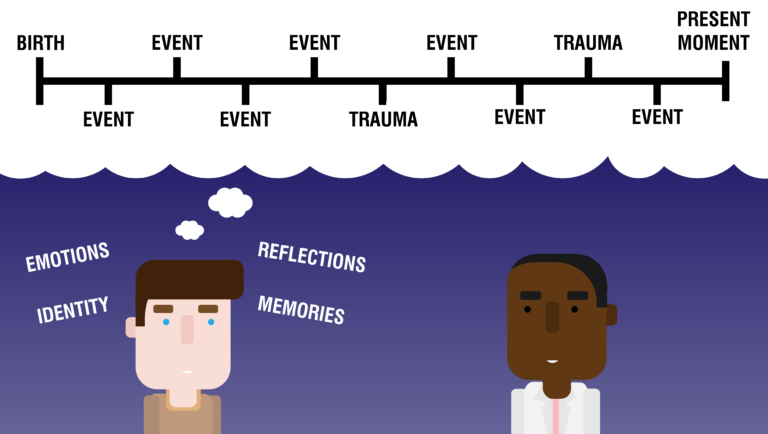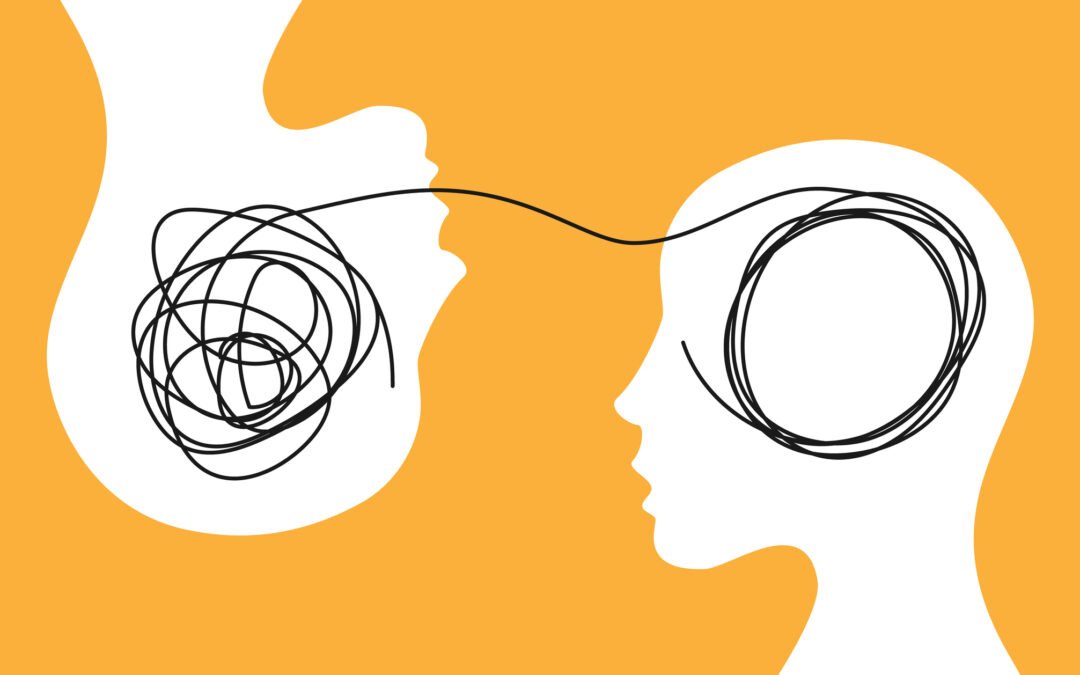The Value of Creative Writing
Creative writing—whether through journaling, poetry, storytelling, or structured narrative
therapies—offers more than mere artistic pleasure; it functions as a means to organise
experiences, articulate suffering, and reframe one’s identity after trauma. For those living with depression and post-traumatic stress disorder (PTSD), whose inner lives are often characterised by rumination, emotional fragmentation, and numbing, writing can serve as an accessible and low-cost intervention that complements professional treatment. Research increasingly indicates that expressive and creative writing can lead to measurable improvements in mood, symptom severity, and cognitive processing, while also fostering a sense of meaning and enhancing social connections (Baikie & Wilhelm, 2005).
Mechanisms Behind the Effectiveness of Writing
Several mechanisms elucidate why expressing painful experiences through writing can be
highly effective. Writing facilitates emotional processing, as transforming chaotic feelings into words necessitates appraisal and organisation, which in turn helps to mitigate physiological stress and unprocessed arousal (Baikie & Wilhelm, 2005). Additionally, storytelling encourages cognitive reappraisal; by reconstructing events in a narrative format, individuals often diminish self-blame, uncover resilience, and integrate traumatic memories into a coherent life narrative (Pavlacic et al., 2019). Moreover, creative formats such as metaphors and poetry enable the indirect expression of overwhelming emotions, offering a safe distance that reduces avoidance while still promoting engagement (Porras-Segovia et al., 2024). Finally, sharing written expressions fosters connection and social support, counteracting the isolation frequently associated with depression and PTSD (Sohal et al., 2022).
Evidence from Depression Research
Research on depression and general mental health supports the notion that expressive writing can be beneficial. Early studies by Baikie and Wilhelm (2005) demonstrated that writing about emotional experiences not only enhanced psychological outcomes but also positively influenced physical health indicators. More recently, a meta-analysis conducted by Porras-Segovia et al. (2024) found that creative writing therapies significantly alleviated depressive symptoms and suicidal thoughts, particularly when the writing tasks included structured prompts that fostered meaningful reflection and positive reframing. Furthermore, a systematic review by Sohal et al. (2022) on journaling indicated that nearly two-thirds of the interventions led to improvements in depression, anxiety, or stress levels. Notably, these benefits tend to be most pronounced when writing is practised over several sessions and guided by prompts, rather than being completely unstructured.

Narrative Expression in PTSD Treatment
Research into PTSD has underscored the significance of narrative expression in the
treatment process. Narrative Exposure Therapy (NET) is a structured intervention where
individuals construct a chronological life story that encompasses both traumatic and positive experiences. This therapy has demonstrated strong and enduring effects. A meta-analysis conducted by Lely et al. (2019) revealed that NET resulted in significant reductions in PTSD symptoms, particularly among those who had faced repeated or complex trauma, such as refugees and survivors of war.
Expressive Writing Techniques for Trauma
In addition to formal therapy, expressive writing techniques—such as the “Pennebaker model,” which encourages individuals to write about their traumatic experiences for 15 to 20 minutes over several days—have also yielded modest yet meaningful symptom reductions. A meta-analysis by Pavlacic et al. (2019) found that expressive writing can help alleviate PTSD symptoms. However, its effectiveness varies depending on the duration of the intervention, the target population, and whether writing is combined with additional support. These findings indicate that both structured therapies like NET and simpler writing exercises can be valuable tools in the journey of trauma recovery.
Effective Methods and Social Elements of Writing
Not all forms of writing are equally therapeutic. Research indicates that the most effective methods facilitate not only emotional expression but also cognitive processing. This can involve prompting individuals to reflect on the significance of their experiences and how those experiences have influenced their perspectives (Pavlacic et al., 2019). Furthermore, multi-session writing interventions tend to yield more pronounced results than single sessions (Baikie & Wilhelm, 2005). While solitary journaling can be beneficial, creative writing conducted in group settings introduces a vital social element. Workshops and poetry circles have been shown to alleviate symptoms of depression while fostering a sense of community and mutual support (Porras-Segovia et al., 2024). In recent years, digital platforms offering structured writing prompts have also emerged, providing accessible options for individuals unable to attend in-person therapy sessions (Sohal et al., 2022).
Limitations and Cautions
While expressive writing offers certain benefits, it is not a universal remedy. Some
individuals may experience a temporary increase in distress when writing about traumatic events (Baikie & Wilhelm, 2005). For those coping with severe PTSD or experiencing active suicidal thoughts, writing should be integrated into a comprehensive treatment plan that includes professional support, rather than being relied upon alone. Furthermore, the quality of existing research varies; for example, narrative exposure therapy is supported by robust clinical trials, whereas many studies on creative writing often involve small sample sizes or lack long-term follow-up (Lely et al., 2019). These limitations underscore the necessity for careful implementation and suggest that writing should be regarded as a supplementary tool to evidence-based therapies, rather than a substitute.
Practical Applications of Writing
The accessibility of writing makes it a powerful tool for integrating into the recovery process. Clinicians can incorporate brief expressive-writing modules alongside psychotherapy, encourage clients to participate in creative-writing groups, or utilise structured therapies like Narrative Exposure Therapy (NET). For individuals, a simple starting practice could be as easy as engaging in three 20-minute writing sessions over the course of a week, concentrating on emotionally significant experiences and their meanings. This approach offers a manageable way to explore the benefits of writing. Nonetheless, it is crucial to acknowledge one’s limits and seek support if writing becomes overwhelming (Pavlacic et al., 2019).

Conclusion: Writing as a Path to Healing
In summary, creative writing and narrative expression are evidence-based approaches that assist individuals dealing with depression and PTSD in processing their emotions, reframing traumatic memories, and rediscovering meaning in their lives. These practices offer an empowering and cost-effective way for people to regain control over their narratives. While they should not replace necessary professional clinical care, expressive writing can serve as a flexible complement that encourages resilience, connection, and healing. Ongoing research continues to demonstrate that the simple act of writing can transform suffering into understanding and isolation into a sense of shared humanity (Baikie & Wilhelm, 2005; Lely et al., 2019; Porras-Segovia et al., 2024).
Written by Veronica Shaukry, Intern Psychologist at IASIS at Centro
References
- Baikie, K. A., & Wilhelm, K. (2005). Emotional and physical health benefits of expressive
writing. Advances in psychiatric treatment, 11(5), 338-346.
https://doi.org/10.1192/apt.11.5.338 - Lely, J. C., Smid, G. E., Jongedijk, R. A., W. Knipscheer, J., & Kleber, R. J. (2019). The
effectiveness of narrative exposure therapy: a review, meta-analysis and meta-regression analysis. European journal of psychotraumatology, 10(1), 1550344.
https://doi.org/10.1080/20008198.2018.1550344 - Pavlacic, J. M., Buchanan, E. M., Maxwell, N. P., Hopke, T. G., & Schulenberg, S. E. (2019). A meta-analysis of expressive writing on posttraumatic stress, posttraumatic growth, and quality of life. Review of General Psychology, 23(2), 230-250.
https://doi.org/10.1177/1089268019831645 - Porras-Segovia, A., Escobedo-Aedo, P. J., Carrillo de Albornoz, C. M., Guerrero-Jiménez, M., Lis, L., Molina-Madueño, R., & Alacreu-Crespo, A. (2024). Writing to keep on living: A
systematic review and meta-analysis on creative writing therapy for the management of
depression and suicidal ideation. Current Psychiatry Reports, 26(7), 359-378.
https://doi.org/10.1007/s11920-024-01511-6 - Sohal, M., Singh, P., Dhillon, B. S., & Gill, H. S. (2022). Efficacy of journaling in the
management of mental illness: a systematic review and meta-analysis. Family medicine
and community health, 10(1), e001154. https://doi.org/10.1136/fmch-2021-001154


